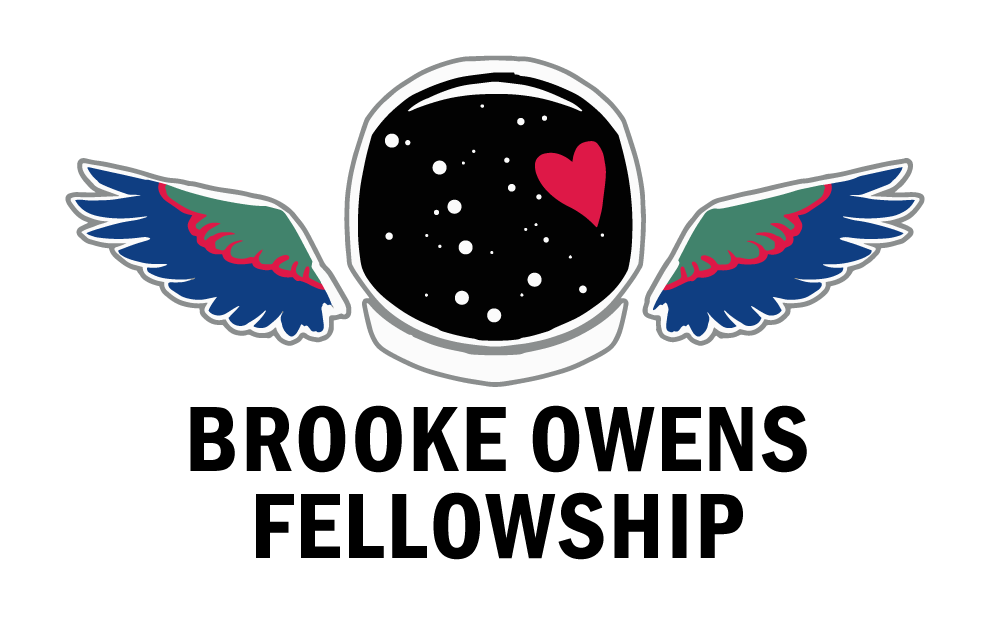Hannah Munguia
Brooke Owens Fellow, Class of 2019
University of California San Diego and Scripps Institute of Oceanography, Environmental Engineering and Earth Science, '19
Host Institution: Planet
Mentor: Ellen Stofan
Hannah Munguia recently graduated from the University of California San Diego in Environmental Engineering and the Scripps Institute of Oceanography in Earth Science. She interned for NASA’s Jet Propulsion Laboratory for three summers working on the Mars 2020 Rover’s astrobiology PIXL instrument and conducting research on pyroelectric crystals. Her work on the Mars 2020 Rover PIXL instrument included setting up the JPL Mars Environment Chamber, designing parts to test the micro-context camera, and even spending a summer in Denmark testing hardware and rocks with analog Martian dust. Her last summer at JPL was spent conducting research on pyroelectric crystals for the PIRANA instrument which uses a low voltage battery to generate x-rays.
During her first and second year on campus, Hannah was in charge of the SEDS UCSD Aesthetic Structures component of the Vulcan-1 rocket which helped establish SEDS UCSD as the first university group to test, develop, and build a liquid rocket powered by a 3-D printed Inconel metal engine. Hannah spent her last year at UC San Diego working on the Sampling Hydrocarbons on Titan group she established where she worked with NASA’s Dr. Michael Malaska and UCSD’s Dr. Nicholas Boechler writing a proposal to sample the chilly -184 degree Celsius lakes on Saturn’s largest moon, Titan.
Throughout her young career, Hannah’s work has explored the unique intersection between planetary science and aerospace technology. Moving forward, she envisions her career in aerospace geared towards monitoring the planet to inform the general public and policymakers on how the world is changing in the face of climate change which disproportionately affects low-resource populations. As a Brooke Owens Fellow, Hannah worked on this goal by interning at Planet where she worked on optomechanical design and new satellite development. Hannah is currently applying to graduate school where she hopes to explore how space technologies such as remote sensing satellites can be combined with machine learning and community knowledge. She hopes to evaluate climate change mitigation strategies as it intersects with land use, agriculture, and regions critical to national food security. She has an emerging pilot project in Bangladesh that centers on these topics.

